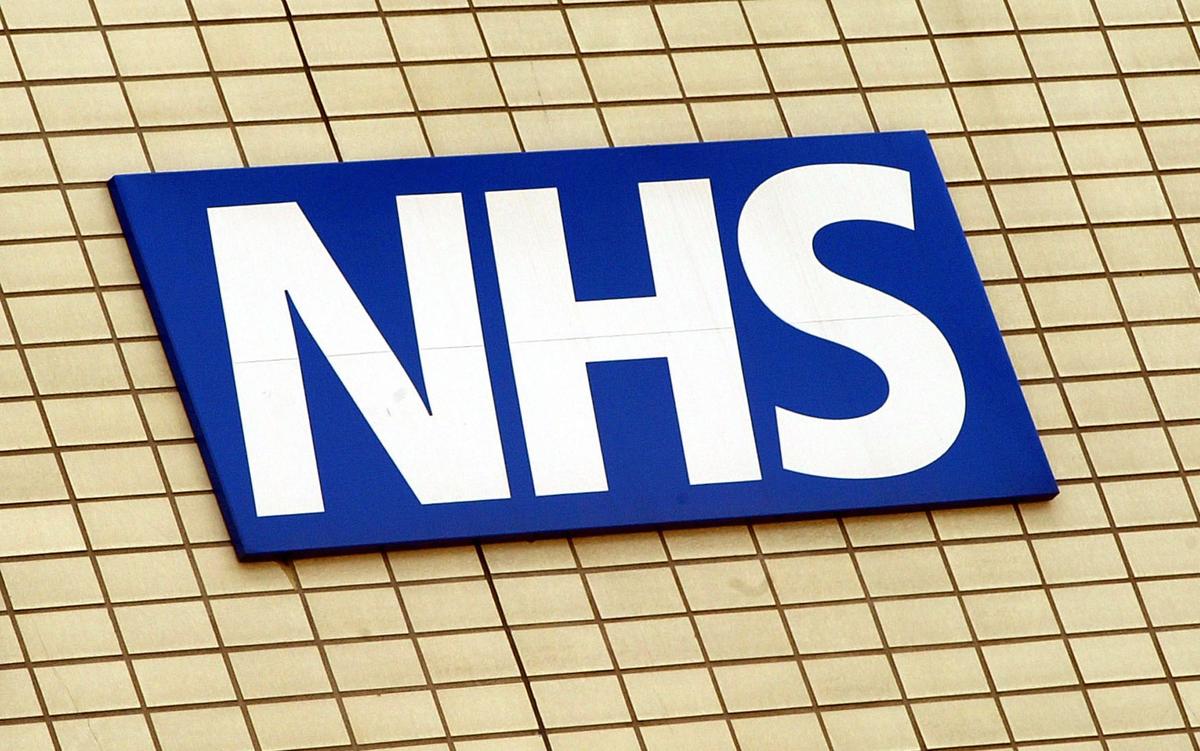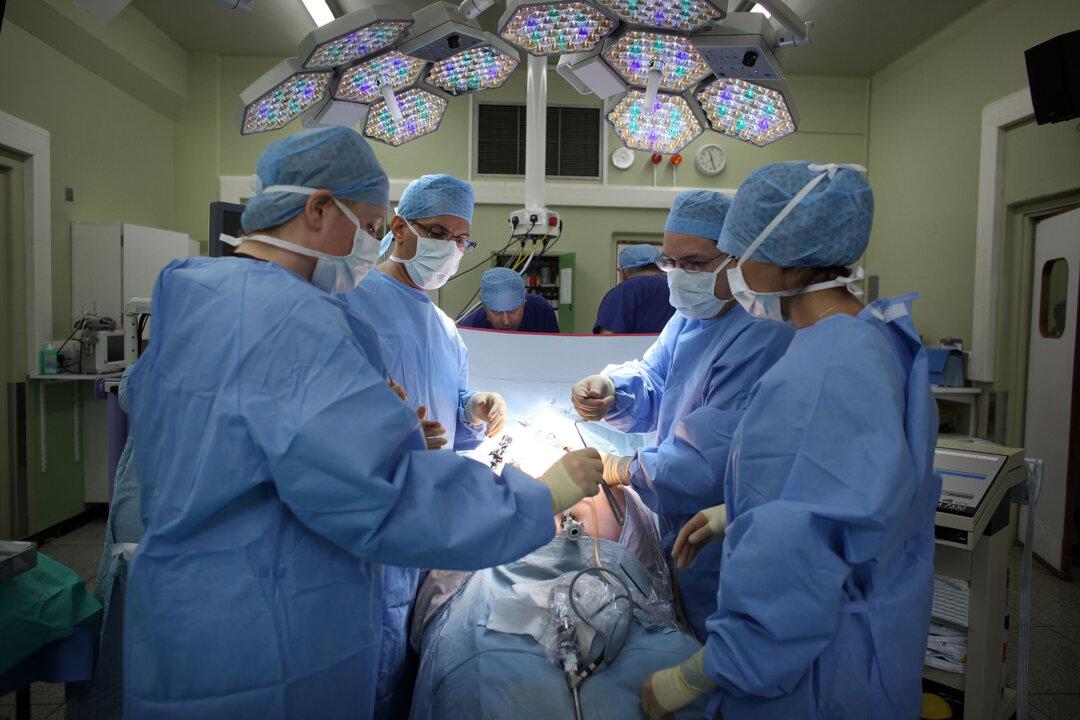News Analysis
BIRMINGHAM, England—Three letters still reign supreme over British politics: NHS.
Britain’s National Health Service (NHS) took pride of place at the 2012 London Olympics, and is often dubbed a “national religion.”
Labour’s recent campaign to “save our NHS” was about more than a crisis of funding and management. It appealed to a simmering national fear, blaming failures of the system on “creeping privatization” under Conservative reforms. Meanwhile, many experts dispute the “privatization” threat.
The NHS has been dogged by a growing number of crises.
This winter, the Red Cross stepped in at overcrowded hospitals where emergency patients were abandoned for hours on trolleys in corridors. The treatment delays resulted in two deaths. The Red Cross labeled the situation a “humanitarian crisis.”
It was the third winter in a row in which the seasonal rise in illnesses had tipped over already-teetering services.
Medical organizations talk of a staffing crisis, including a shortfall of 30,000 nurses, a high bed occupancy rate (up to 95 percent at the start of 2017), and a funding shortfall compared to other nations. The word “crisis” has shadowed the NHS since investigations revealed that between 400 and 1,200 patients had died needlessly at Stafford Hospital in northern England between 2005 and 2008.
Many health organizations have called for politicians to be honest about the funding shortfalls, but only a few outliers dare to suggest free-market solutions.
With the possible exception of the likes of Cuba and North Korea, experts say the NHS is the only nationally owned and run health care service in the world. Other nations have different universal health care arrangements, but these are run through nationally funded medical insurance schemes or other models that involve non-state organizations.
A Point of Pride
National pride in the NHS shows consistently in surveys, said Dan Wellings, former head of insight and feedback at NHS England and an expert on public perceptions of the NHS at health care think tank The King’s Fund.
“One poll in particular illustrates this by showing that for one in two people, the NHS is the thing that makes them proudest to be British,” said Wellings, referring to a 2014 Ipsos MORI poll.
Kristian Niemietz, head of health and social welfare at the Institute of Economic Affairs, a free-market think tank based in London, thinks the pride is misplaced.
“[The NHS] generally lags behind other comparable systems. Purely in terms of outcomes, it just isn’t a good health care system,” he said.






